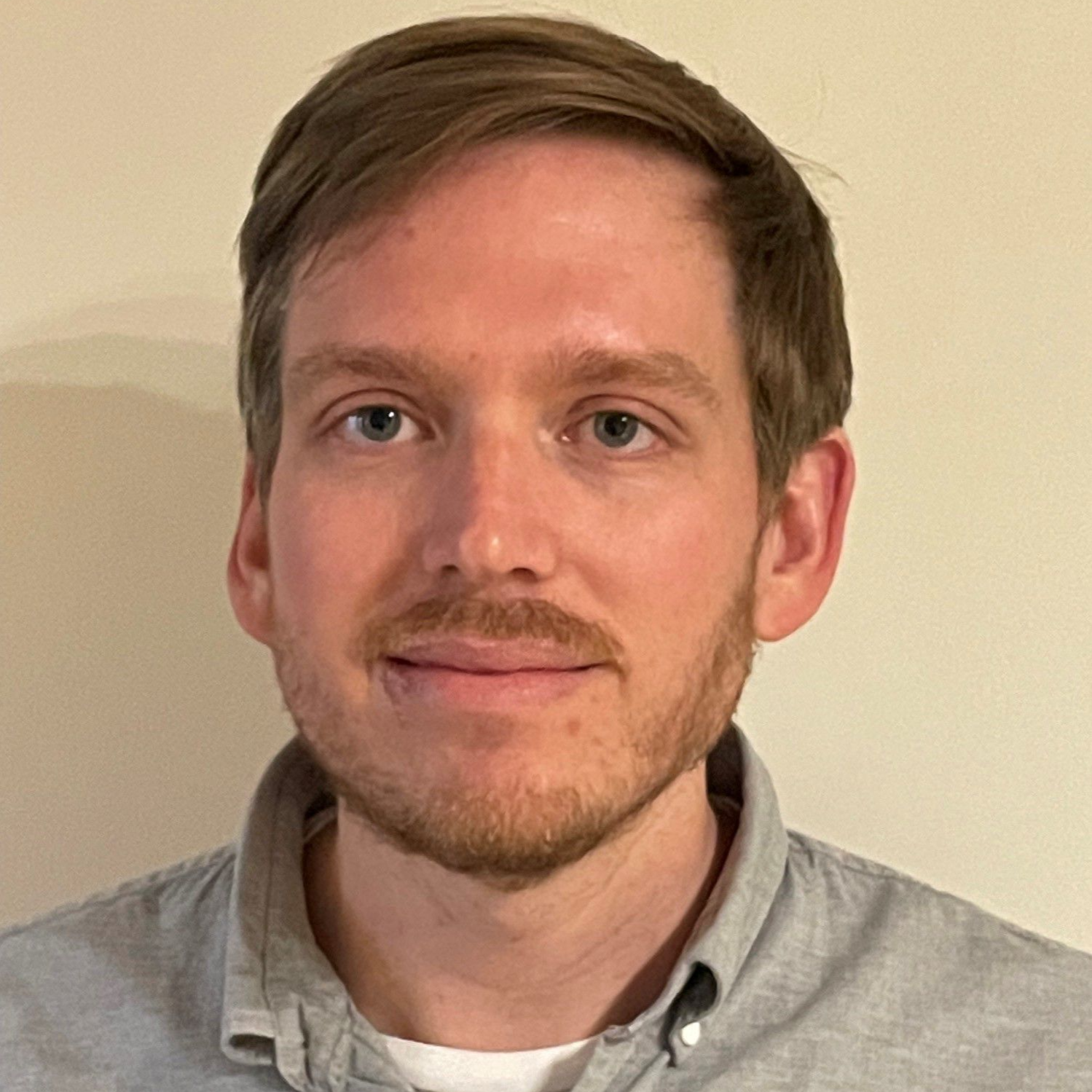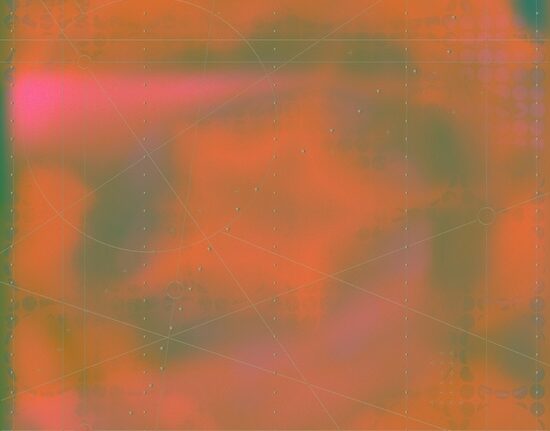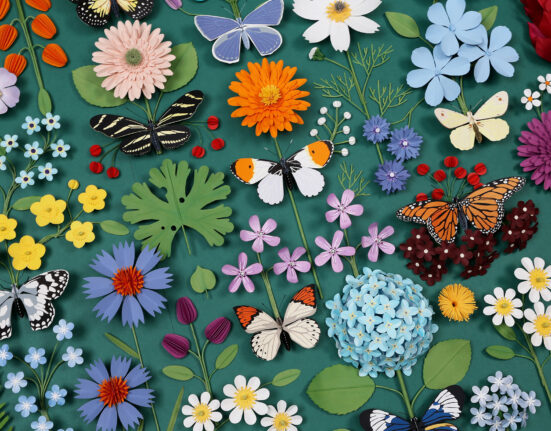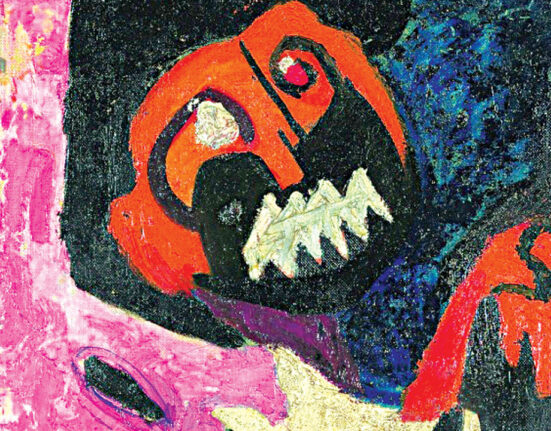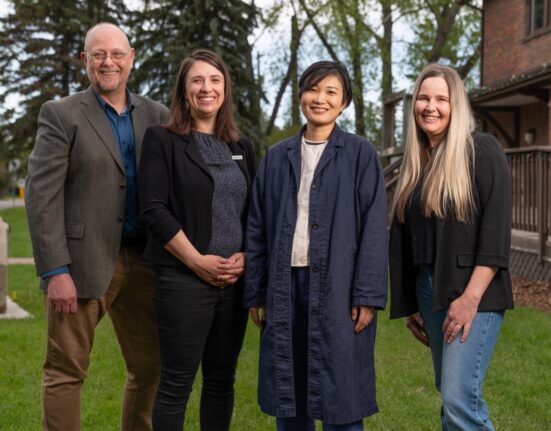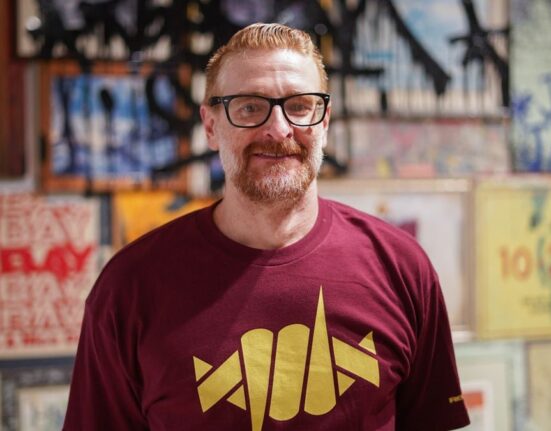Oct 30 (Reuters) – A judge in California federal court on Monday trimmed a lawsuit by visual artists who accuse Stability AI, Midjourney and DeviantArt of misusing their copyrighted work in connection with the companies’ generative artificial intelligence systems.
Orrick also dismissed McKernan and Ortiz’s copyright infringement claims entirely. The judge allowed Andersen to continue pursuing her key claim that Stability’s alleged use of her work to train Stable Diffusion infringed her copyrights.
“Even Stability recognizes that determination of the truth of these allegations – whether copying in violation of the Copyright Act occurred in the context of training Stable Diffusion or occurs when Stable Diffusion is run – cannot be resolved at this juncture,” Orrick said.
The artists’ attorneys Joseph Saveri and Matthew Butterick said in a statement that their “core claim” survived, and that they were confident that they could address the court’s concerns about their other claims in an amended complaint to be filed next month.
A spokesperson for Stability declined to comment on the decision. Representatives for Midjourney and DeviantArt did not immediately respond to requests for comment.
Orrick agreed with all three companies that the images the systems actually created likely did not infringe the artists’ copyrights. He allowed the claims to be amended but said he was “not convinced” that allegations based on the systems’ output could survive without showing that the images were substantially similar to the artists’ work.
The judge also dismissed other claims from the artists, including that the companies violated their publicity rights and competed with them unfairly, with permission to refile.
Orrick dismissed McKernan and Ortiz’s copyright claims because they had not registered their images with the U.S. Copyright Office, a requirement for bringing a copyright lawsuit.
The case is Andersen v. Stability AI Ltd, U.S. District Court for the Northern District of California, No. 3:23-cv-00201.
For the artists: Joseph Saveri of Joseph Saveri Law Firm; and Matthew Butterick
For Stability: Paul Schoenhard of Fried Frank Harris Shriver & Jacobson
For Midjourney: Angela Dunning of Cleary Gottlieb Steen & Hamilton
For DeviantArt: Andy Gass of Latham & Watkins
Read more:
Sign up here.
Reporting by Blake Brittain in Washington
Our Standards: The Thomson Reuters Trust Principles.

